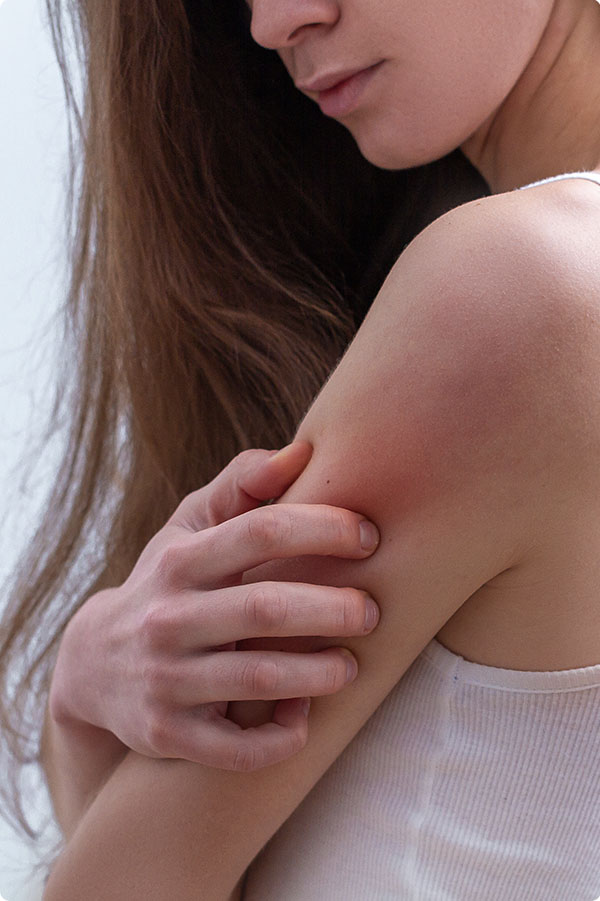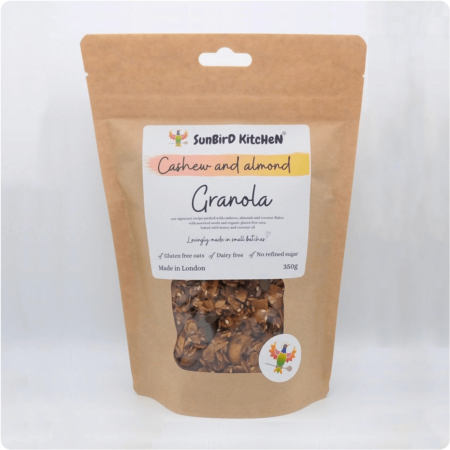
Psoriasis
Written by Melanie Dixon

Common Symptoms
Psoriasis is a whole-body inflammatory condition that is so much more than skin deep. People with psoriasis often experience symptoms including:
- Skin plaques that can be large or small, smooth or scaly, red or white, depending on which type of psoriasis you have
- Food sensitivities
- Other auto-immune conditions such as Coeliac disease, thyroid auto-immunity and rheumatoid arthritis
- Diabetes and heart disease
- Depression
Common Causes
Conventional medicine often views psoriasis as just a skin condition, but psoriasis is actually an auto-immune condition, meaning that part of the body’s own immune system becomes confused and attacks normal tissues in the body.
- Poor Digestion & Leaky Gut undigested protein can create toxins that get into the body through the gut lining, causing the immune system to react
- Yeast Overgrowth a yeast infection in the gut called Candida is quite common in those with psoriasis
- Nutritional Deficiencies are seen in psoriasis, particularly of omega-3 fats (found in fish and some nuts and seeds), vitamin D, B12, selenium and fibre
Certain food sensitivities are also linked to psoriasis, especially gluten, nightshades (red peppers, aubergine and tomatoes) and alcohol. Stress, sunburn and anything that affects the immune system can also cause flare-ups.
Psoriasis
Psoriasis is a common skin disorder that affects approximately 1 – 4 % of the population. Normally, our skin cells replace themselves every 4-6 weeks, but in psoriasis, it happens every 2 – 6 days, which means the skin cells build up on the surface, causing plaques. These salmon-pink or red scaly plaques are usually located on the elbows, knees, lower back, nails and scalp, but psoriasis affects the whole body.
Common Symptoms
Psoriasis is a whole-body inflammatory condition that is so much more than skin deep. People with psoriasis often experience symptoms including:
- Diabetes and heart disease
- Food sensitivities
- Depression
- Skin plaques that can be large or small, smooth or scaly, red or white, depending on which type of psoriasis you have
- Other auto-immune conditions such as Coeliac disease, thyroid auto-immunity and rheumatoid arthritis
Common Causes
Conventional medicine often views psoriasis as just a skin condition, but psoriasis is actually an auto-immune condition, meaning that part of the body’s own immune system becomes confused and attacks normal tissues in the body.
- Poor Digestion & Leaky Gut undigested protein can create toxins that get into the body through the gut lining, causing the immune system to react
- Yeast Overgrowth a yeast infection in the gut called Candida is quite common in those with psoriasis
- Nutritional Deficiencies are seen in psoriasis, particularly of omega-3 fats (found in fish and some nuts and seeds), vitamin D, B12, selenium and fibre
Certain food sensitivities are also linked to psoriasis, especially gluten, nightshades (red peppers, aubergine and tomatoes) and alcohol. Stress, sunburn and anything that affects the immune system can also cause flare-ups.
Common Signs
Without even noticing, it’s completely normal to lose between 50-100 strands of hair every day, especially when brushing or washing your hair. If you’re worried that you’re losing more hair than this, it’s advisable to see your GP. Common signs that your hair loss isn’t normal are:
- Gradual thinning on top of the head
- Hair that’s easy to pull out or comes out in clumps
- Bald patches
- Loss of body hair
- Itching or burning of the scalp
Common Causes
- Tight hairstyles and chemical treatments
- Age
- Family history
- Pregnancy
- Stress or trauma
- Sudden weight loss
- Nutrient deficiencies
- Health conditions, after an illness or cancer
- Medications, chemotherapy or radiation treatment
Top Tips for Managing Psoriasis






